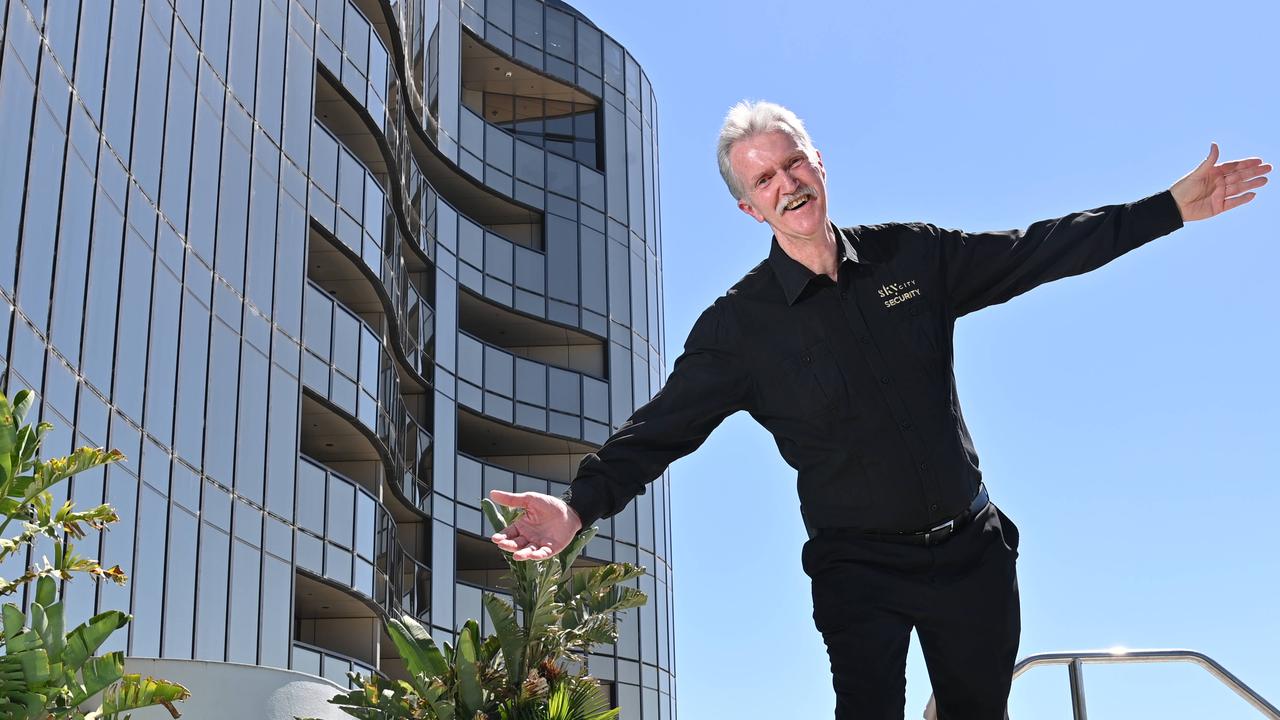'Poo-phoria' is the reason you're in such a good mood after going to the bathroom
The post-poop high is real
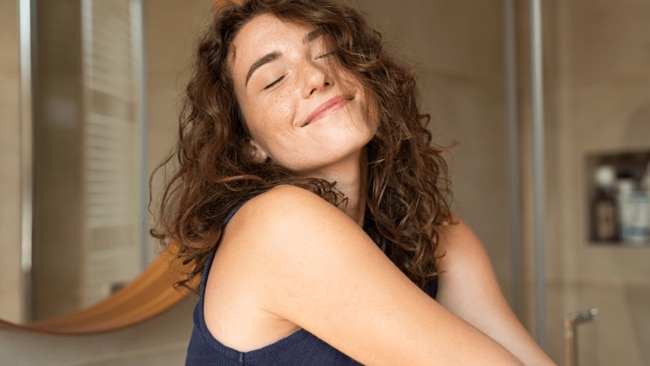
Lifestyle
Don't miss out on the headlines from Lifestyle. Followed categories will be added to My News.
For many people, a trip to the toilet is more than simply answering nature’s call. According to an expert, here’s how the quality of your stool experience can determine your mood for the rest of the day.
There are many aspects of the human experience that have the potential to spark immense pleasure. From a pre-haircut head massage to the first sip of your morning coffee, it’s often the simple things in life that leave us feeling the most fulfilled and content.
But let’s face it, there’s a good reason why the poop emoji looks so chuffed with himself. The lifted mood and full-body relaxation that comes after a satisfying trip to the toilet is akin to finding a surprise $50 in your jacket pocket.
Unsurprisingly, specific research into why we experience a post-poop high is fairly limited. Luckily, Molly Warner, a gastrointestinal dietitian from Bond University, breaks down the concept for Body+Soul, sharing exactly what causes poo-phoria, and what we can do to support healthy (and happy) bowel movements.
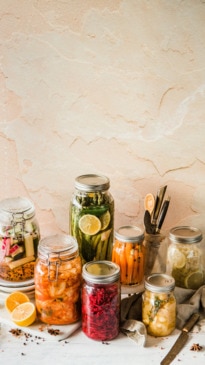
Like what you see? Sign up to our bodyandsoul.com.au newsletter for more stories like this.
Understanding the systems responsible
As Warner explains, the defecation reflex is an intricate coordination between the gastrointestinal system, nervous system, and musculoskeletal system, “The nerves in the gut and the nerves in the brain work together,” she says.
“Basically, the nervous system picks up on stimuli from the gastrointestinal tract and tells the muscles when to contract and when to relax,” she says. But what exactly makes the process of muscle contraction and relaxation in the intestines and rectum pleasurable?
“The drop in pressure in the rectum is noticed by the autonomic nerves, which trigger a general relaxation response in the body,” says Warner. “This relaxation response stimulates the release of endorphins, which are neurotransmitters known to be natural pain relievers and mood enhancers.”
In addition to this, the pudendal nerve (responsible for providing sensation to the gentle area during sexual activity) picks up on sensations in the external anal sphincter and signals a pleasure response in the brain.
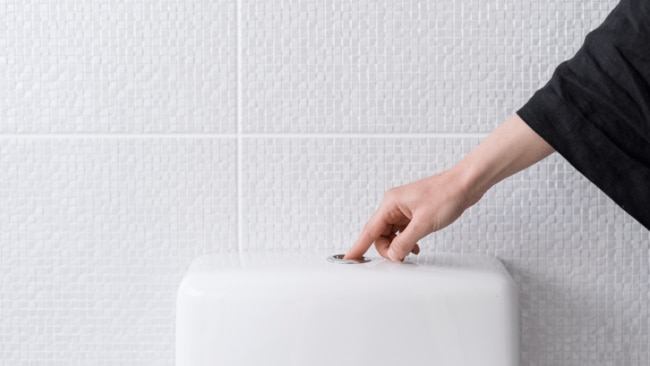
The power of a good poo
So what exactly constitutes a good poo? As Warner explains, the regularity of your bowel movements can be one of the biggest indicators of a healthy (or unhealthy) gut.
“Doctors refer to bowel movements as another ‘vital sign’ alongside blood pressure, heart rate, and so on,” Warner says. “Regular bowel movements help to eliminate waste, such as leftovers from digestion, gases, cholesterol, bacteria, and old cells.”
While there’s no ‘magic number’, Warner says passing more than three stools per day, or fewer than three stools per week is cause for concern.
Referring to the infamous Bristol Stool Chart bowel movements, the gastrointestinal dietitian says ‘type 1’ and ‘type 2’ stools (indicating constipation) and ‘type 6’ and ‘type 7’ stools (indicating diarrhoea) are all markers of disrupted gut function.
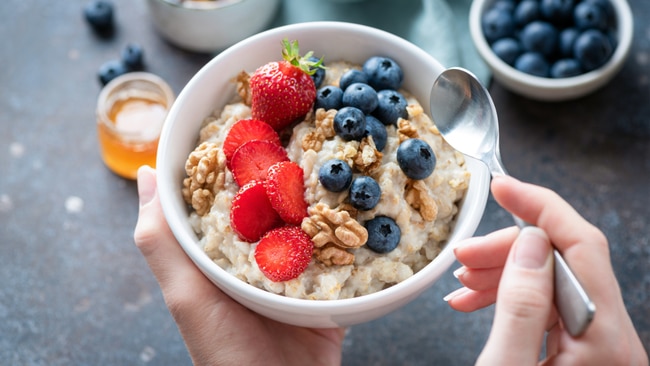
Here’s how to achieve poo-phoria
Like many intricate bodily functions, optimal gut performance depends on a variety of contributing factors, with each individual’s composition and needs constantly evolving.
But to make things simple, Warner recommends sticking to these five gut-friendly practices.
#1. Drink plenty of water.
“Have a glass of water when you wake up in the morning and remember to have a drink after you pee. Keep an eye on the colour of your urine to ensure you’re not dehydrated (it should be a pale straw colour).”
#2. Eat plenty of plants.
“Unprocessed fruits, vegetables, grains, nuts, seeds, beans and legumes all have plenty of fibre. Before checking out at the grocery store, look in your basket to make sure you have enough for two to three handfuls of fruit every day, vegetables or salad at lunch and dinner, whole grain bread and cereals, enough beans and legumes for at least three meals in the week and a mix of nuts and seeds to enjoy most days.”
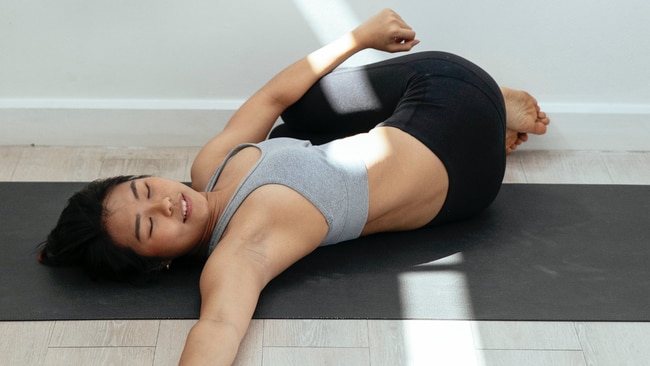
#3. Move your body.
“Once you have a regular exercise pattern you might like to try certain yoga postures and practices, particularly those involving gentle twisting and stretching of the abdomen, which help to stimulate the digestive system and alleviate constipation by promoting movement in the intestines.”
#4. Experiment with gut-friendly superfoods
“Psyllium husk, linseeds, chia seeds, green banana flour, konjac, yogurt, and kiwi fruit have all shown beneficial effects on gut health.”
Before introducing certain foods, or cutting supposed irritants such as caffeine and alcohol, Warner urges us to talk to an accredited practising dietitian or expert about how to best support your unique gut and lifestyle.
#5. Breathe, relax and sleep well.
“Deep breathing can support your autonomic nervous system to stimulate the ‘rest and digest’ response, which is helpful for regular and appropriate muscle contractions in the gut, leading to regular bowel movements. Try to get to bed and wake up at a similar time each day.”
More Coverage
Originally published as 'Poo-phoria' is the reason you're in such a good mood after going to the bathroom




